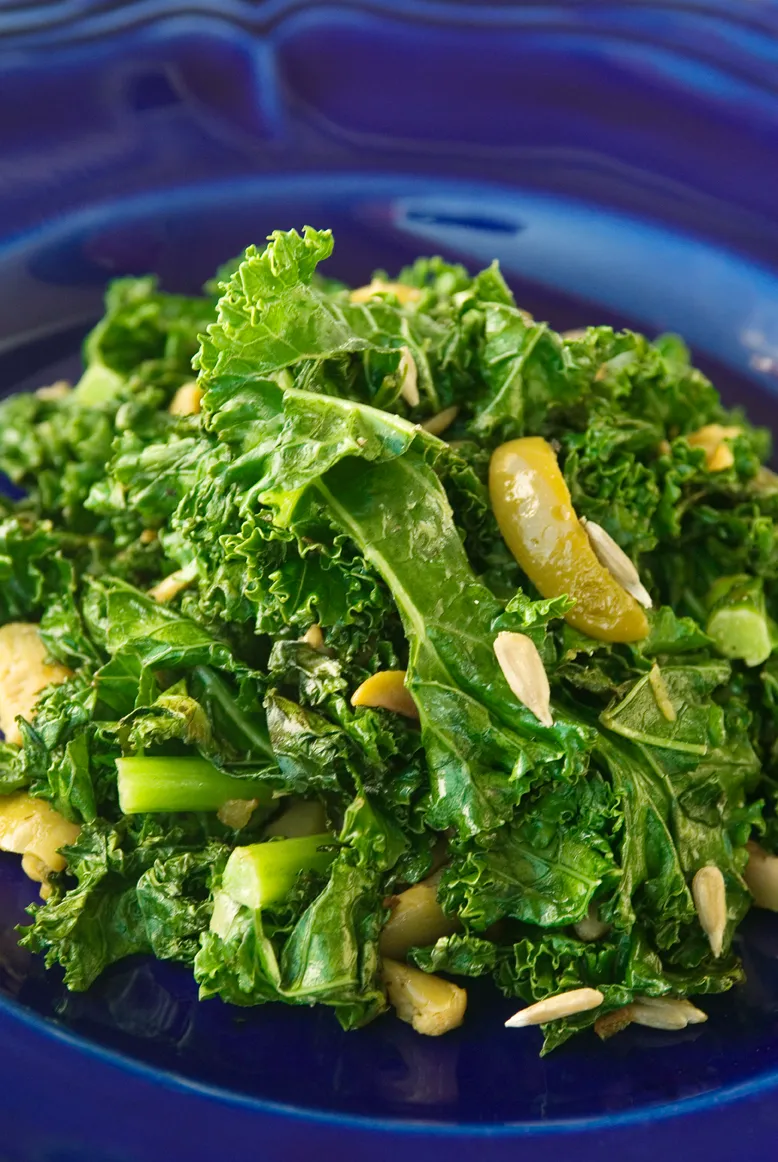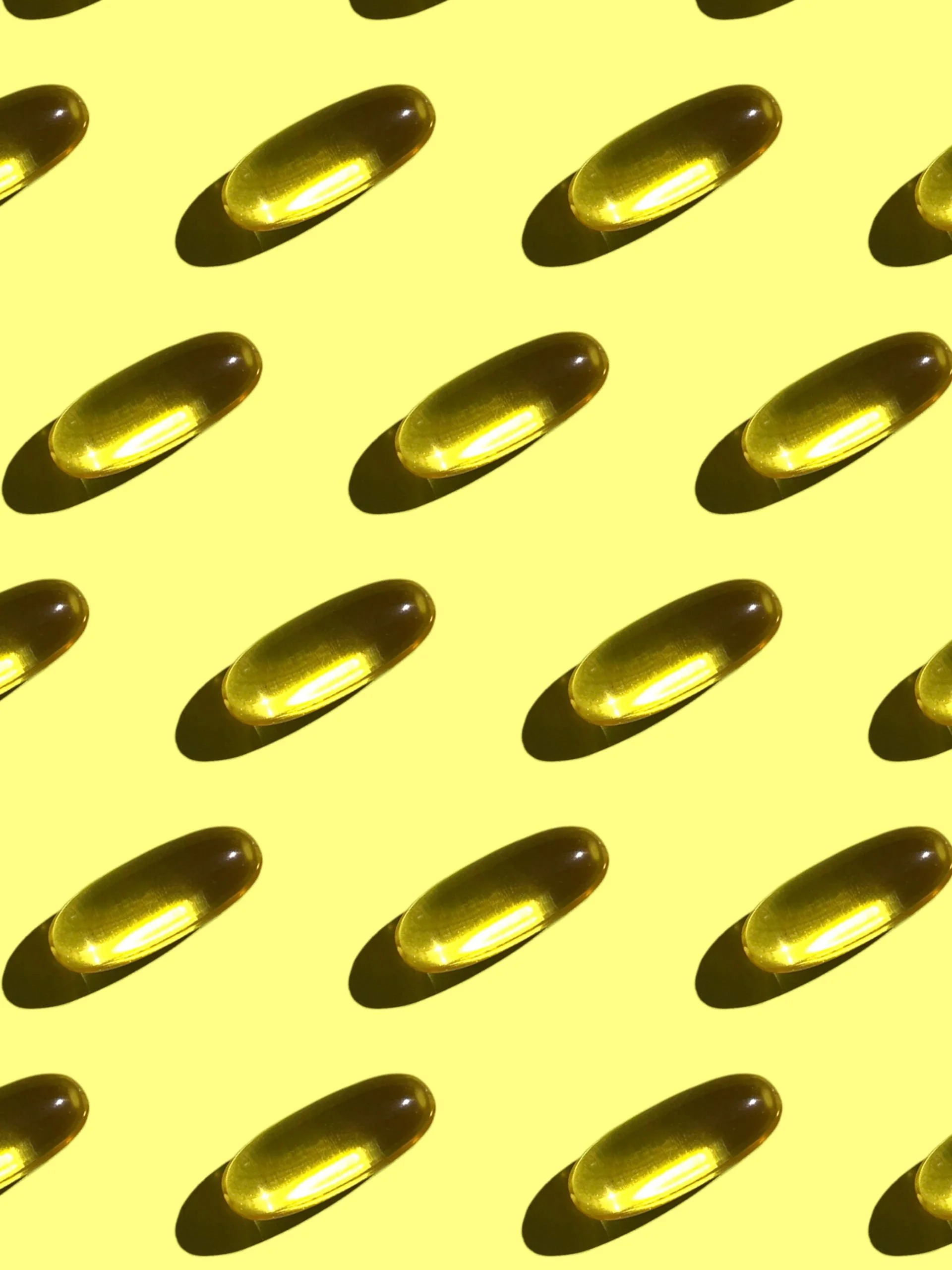Multivitamins, Less Oxygen, and Mediterranean Diet
So far, Age and Prosper has 1,500 subscribers and counting! This week we want to try a different format and instead of providing a single theme, we are going to focus on the popular science based longevity studies from the past few week.
We want to hear from you!
Which do you prefer, the theme-based newsletters on longevity or the aggregate-based newsletters showcasing the current scientific trends from recent news? What is more beneficial to you? Or maybe you like both and want variation. Please comment in today’s newsletter or email us at info@tomsandersphoto.com.
New Research on the Mediterranean Diet
A new Stanford Medicine study reveals that those who consume a Mediterranean diet that is high in olive oil and nuts usually live longer than those who consume a diet made up mostly of processed foods, meat, and dairy. While you may already have this knowledge on the Mediterranean diet, the new research showcases why this diet is advantageous at the cellular level.
Oleic acid, one of the fats found in the Mediterranean diet, was discovered by researchers to be capable of increasing the amount of two important organelles in cells, while simultaneously protecting them from oxidative damage.
Low Oxygen Environments May Increase Lifespan
Harvard Medical School scientists reported in a new study that when a strain of mice with short life spans were placed in an environment with low oxygen levels akin to a Mount Everest base camp, they defied expectations and lived 50 percent longer than expected. The theory is that less oxygen reduces cellular damage and stimulates cells to clear out and recycle damaged components more efficiently, thereby slowing down the aging process.
One suggestion we were thinking about how to incorporate low oxygen environments in a natural and safe way without moving to the mountains is Wim Hof’s breathing method. In the breathing exercise you do 4 rounds 30 rapid inhalations and exhalations and then hold your breath for as long as you can after each round of 30 breaths. The breathing exercise both increases and decreases oxygen levels.



